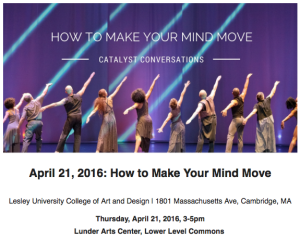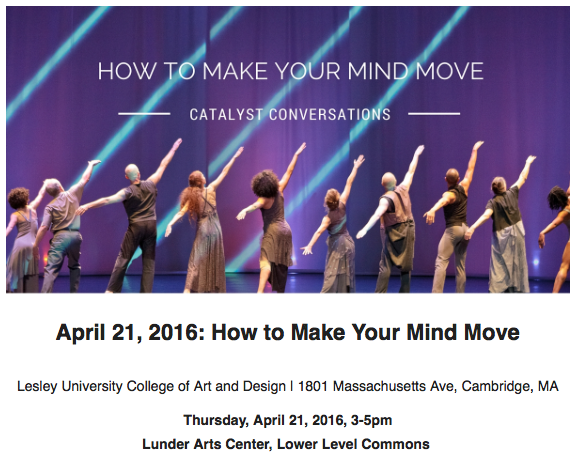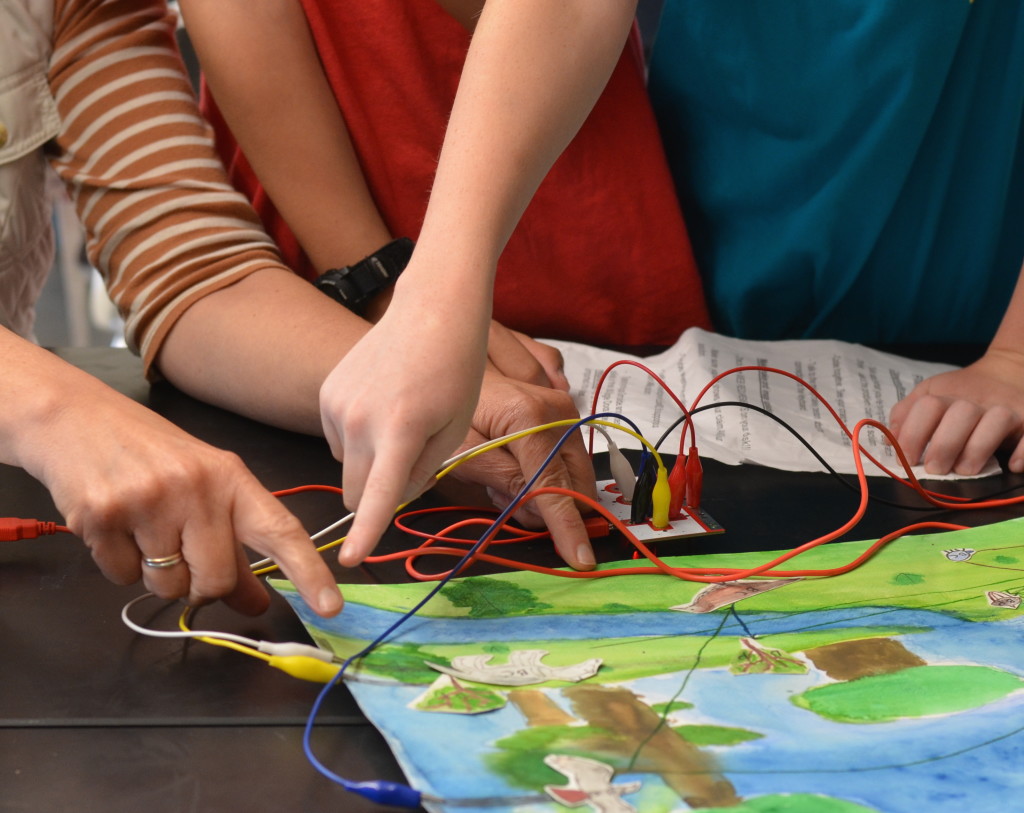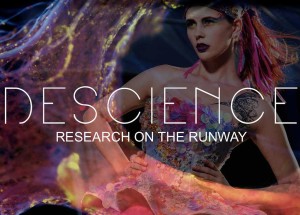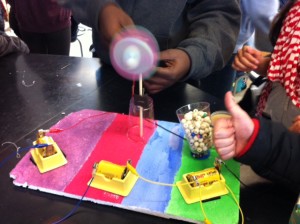Check out the article on the Rindge Avenue Upper School website!!! http://rindgeavenue.cpsd.us/flash/ecomuve_2014
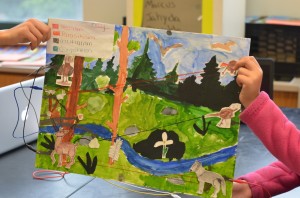
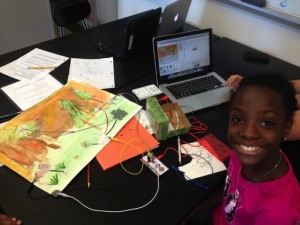
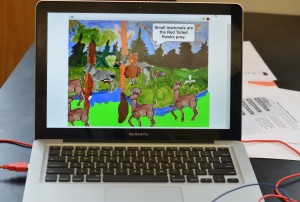
Overview
As part of 6th grade life science and ecology/ecosystems studies, Cambridge Public Schools uses a computerbased virtual environment developed by Harvard called EcoMUVE
(http://ecomuve.gse.harvard.edu/module2.html). Students are presented with a scenario related to a forest ecosystem and utilize the virtual environment in EcoMUVE to come to a solution. From the EcoMUVE website, “students work in teams to visit the two islands over a span of fifty years to see how the populations and forest structure change on each island over time.” This year, 6th grade science teacher Dave Suchy and his students at RAUC expanded upon the EcoMUVE curriculum by collaborating with Ingrid Gustafson, CPS Instructional Technology Specialist and Kyle Browne, director of Cambridge Creativity Commons (cambridgecreativitycommons.org). As a final project articulating a hypothesis and solution to a problem, students created mixed media scientific illustrations depicting the EcoMUVE web of organism interactions. Their paper based ecosystem webs were made into computer based interactive simulations by connecting MaKeyMaKey kits (http://MaKeyMaKey.com/) and were controlled by programming with Scratch (http://scratch.mit.edu/). Students gained practice in 21st century skills such as collaborating and creativity throughout the duration of this project by engaging in STEAM education Science, Technology, Engineering, Art, and Mathematics. Continue reading Eco-System STEAM learning – CPS article!
